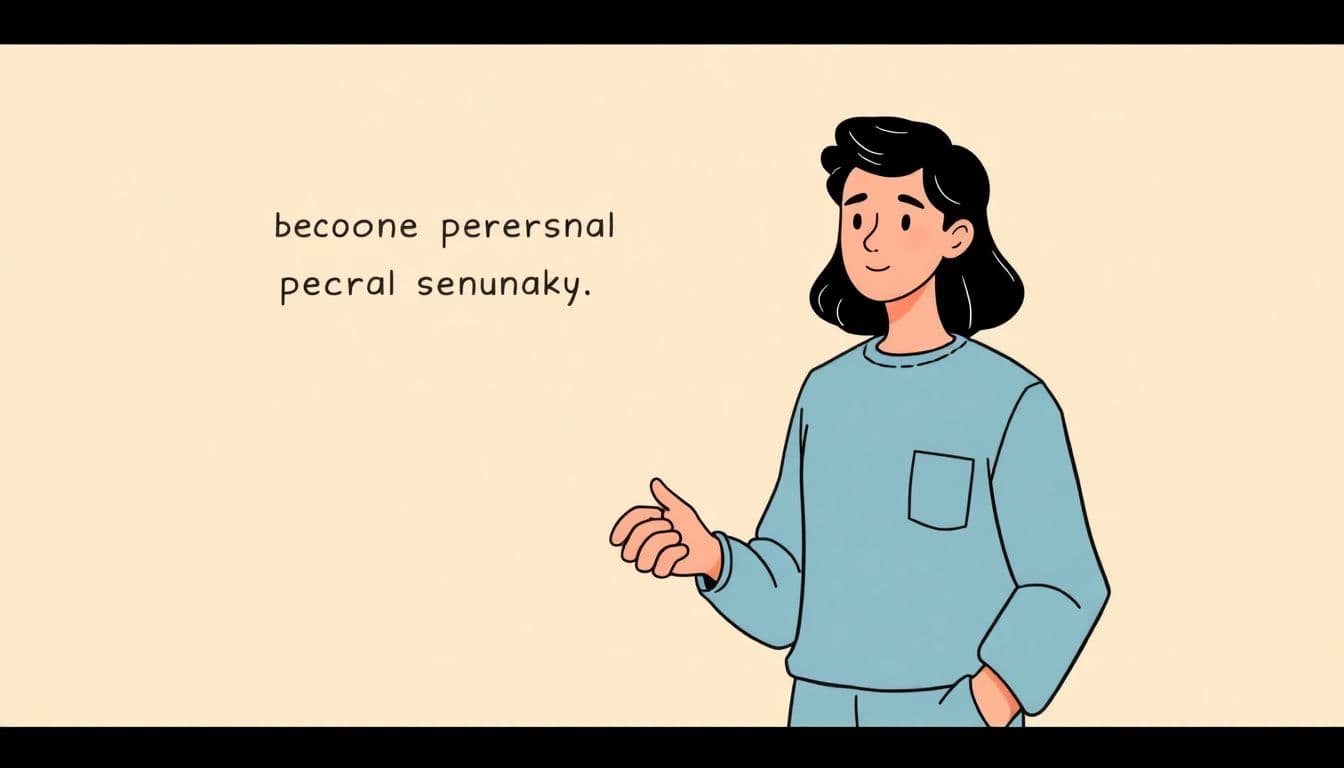Table of Contents
So, you’re wondering if you can copyright your book title? You’re not alone! Many writers find themselves confused about protecting something that feels so personal and important. It makes total sense to want to keep your creative work safe from copycats.
Stick around, and I promise to unravel this mystery for you. By the end of this read, you’ll know whether your book title can be copyrighted and what steps you should take to protect your unique creation.
We’ll tackle the basics of copyright, why it matters, and even cover some common misconceptions. Plus, we’ll discuss alternatives and when it’s a good idea to chat with a legal expert. Let’s dive into the world of copyrighting your book title!
Key Takeaways
- You cannot copyright your book title. Copyright protects creative expressions, not titles.
- Consider trademarking your title if it’s unique and distinct, especially for series.
- Copyright automatically protects your written work, but registering it offers stronger legal support.
- Document your title’s use, create a strong brand, and consider domain registration to enhance protection.
- Consult a legal expert if you suspect title infringement or plan to expand your work into other mediums.

Can You Copyright Your Book Title?
No, you generally cannot copyright your book title alone. Copyright laws protect the expression of ideas, not the ideas or titles themselves.
However, you can trademark a title if it’s distinctive and sets your work apart from others. For example, “Harry Potter” is trademarked, as it identifies a specific series of books.
If you want to protect a title, consider using it in a series; this gives you a stronger argument for trademarking. Trademark registration shows that you are serious about protecting your intellectual property.
Consulting with a legal expert can help clarify what aspects of your title may be protected.
Understanding Copyright Basics
Copyright is a legal term used to describe the rights that creators have over their literary and artistic works. It automatically applies as soon as you create something original and fix it in a tangible form.
This means that as soon as you write your book, it’s protected by copyright—giving you control over how it can be used and reproduced.
Remember, copyright does not last forever—typically, it lasts for the life of the author plus 70 years. After that, the work enters the public domain, meaning anyone can use it without permission.
To register your copyright, you can visit the U.S. Copyright Office website. While you don’t need to register to have copyright, doing so provides stronger legal protection.
Why Copyrighting a Book Title Matters
While you can’t copyright a book title, understanding its importance can help you navigate your creative journey. Protecting your original work is key to maintaining control over how it is used.
When you establish clear copyright claims, you safeguard your potential profits and literary reputation. If someone uses your title or content without permission, you legally have grounds to take action.
Moreover, having a copyrighted work enhances your credibility as an author, which can be an advantage when approaching publishers or agents.
In a crowded market, standing out is crucial, and copyright gives you that edge. Being proactive about your rights allows you to focus more on writing and less on worrying about unauthorized use.

How to Copyright Your Book Title
While you can’t copyright a book title, you can take specific steps to protect it using trademarks.
First, ensure your title is unique and not too similar to existing titles, as distinctiveness is key.
Next, consider using your title prominently in marketing materials, which can help build a reputation around it.
For serious claims, you should apply for a trademark through the United States Patent and Trademark Office.
Gather all necessary documentation about usage and distinctiveness, as this will support your application.
Finally, once your trademark is registered, you must actively use and defend it against infringers to maintain your rights.
Common Misconceptions About Copyrighting Book Titles
Many people think they can just add a copyright symbol next to their book title and claim protection, but it’s not that simple.
Copyright doesn’t cover titles, slogans, or short phrases because they aren’t considered original works.
Another misconception is that registering a copyright automatically protects your title. It doesn’t; you need to consider trademarks for that.
Some believe that simply publishing a book gives them rights to all elements, including the title, but without a distinctive angle, you may be vulnerable.
Understanding these misconceptions can help you better navigate the world of intellectual property and protect what’s yours.
Alternatives to Copyrighting Your Book Title
If copyrighting isn’t an option, don’t throw in the towel just yet; there are alternatives.
One alternative is to file for a trademark, which can provide more robust protection for your title.
Another approach is to create a unique branding strategy around your title, making it synonymous with your work.
Building a social media presence can also help secure your title as you establish a fanbase and recognition.
Consider registering a domain name that includes your book title, which can strengthen your claim to it in the digital space.
Lastly, documenting your use of the title through dated publications or marketing materials can bolster your position in case of disputes.
When to Seek Legal Advice for Your Book Title
It’s wise to consult a legal expert if you feel your title might be vulnerable to infringement.
Engaging a lawyer during the trademark application process can save you headaches and ensure a stronger claim.
If you discover another author using a similar title, that’s another clear sign to get legal advice.
Additionally, if you’re thinking about expanding your work into other mediums like film or merchandise, legal counsel can offer insights on protecting your title in those areas.
Lastly, if someone attempts to challenge your rights to the title, having a lawyer can be crucial in defending your intellectual property.
Conclusion: Protecting Your Creative Work
Although you can’t copyright your book title, knowing how to protect it is essential for any author.
Utilizing trademarks and maintaining a clear digital presence are just a couple of the strategies available.
Stay informed about your rights, and don’t hesitate to reach out for legal help when needed.
Ultimately, your title is the first impression of your creative work—guard it wisely!
For more insights on getting your book published, check out this guide that walks you through the process step by step.
FAQs
No, in most cases, copyright law does not protect book titles. Titles are considered short phrases, which do not meet the originality requirement for copyright protection.
Consider trademark registration as an alternative. Trademarks can protect book titles used in commerce, allowing you to prevent others from using a similar title in the same market.
If you believe someone may infringe on your title or if you’re considering trademark registration, legal advice can guide you in protecting your intellectual property effectively.
A common misconception is that you can copyright a title. However, titles are not eligible for copyright protection due to their lack of originality, leading to confusion among authors.



